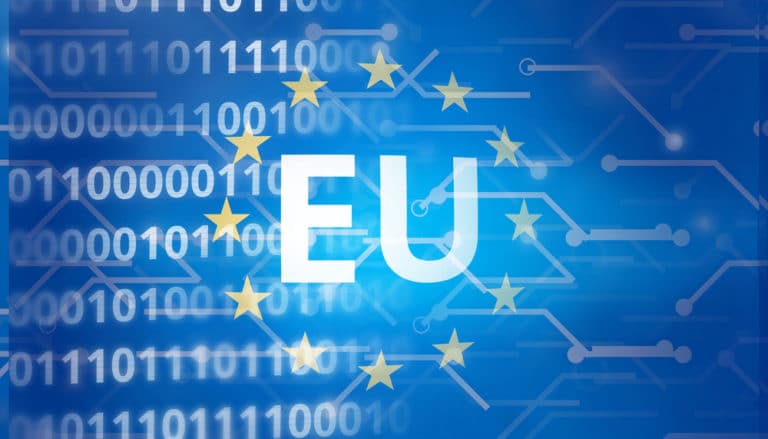Consumer rights groups in Europe have filed a new series of privacy complaints against Google. The company’s account sign up process is condemned as “deceptive”.
According to a report in TechCrunch, the groups accuses the tech giant of deceptive design around the account creation process. The process allegedly steers users into agreeing to extensive and invasive processing of their data.
Google profiles account holders for ad targeting purposes, claiming to rely on user consent as its legal basis. The General Data Protection Regulation (GDPR) includes a requirement for privacy by design, as well as setting clear conditions around how consent must be gathered in order to be lawful. This is where consumer groups say Google has run afoul of the law.
The groups claim deceptive design by Google is tricking users into accepting its tracking. They argue the design choices the tech giant deploys around account creation make it far easier for users to agree to Google’s processing of their information to target them with “personalized” ads than to deny consent to its profiling for behavioural advertising.
Speed at the cost of privacy
The complaints highlight how more privacy-friendly options — described by Google as “manual personalization” — require users to take five steps and ten clicks. The least privacy-friendly option — described as “Express personalisation” — takes one click and activates all the tracking.
They also point out that Google does not provide consumers with the option to disable all tracking in one click, further noting that Google requires account creation to use certain proprietary products, such as when setting up an Android smartphone.
In other cases, users may voluntarily create a Google account — but, either way, the tech giant still presents skewed options nudging consumers to agree to its tracking of them.
The series of GDPR complaints are being coordinated by members group BEUC, aka the European Consumer Organisation. Complaints have been filed to data protection agencies across EU Member States and markets, including member organizations in France, the Czech Republic, Norway, Greece and Slovenia.
